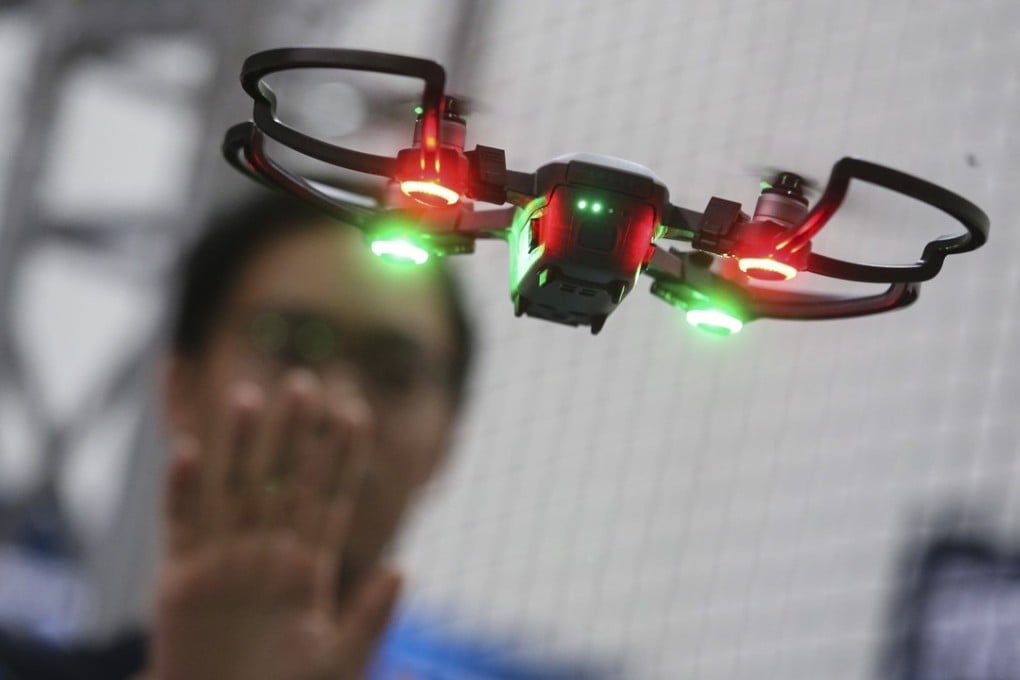Drone maker DJI introduces privacy mode after US Army ban
Dominant global drone maker launches privacy mode that lets users fly their drones without any data exchanged with the pilot or the internet during flight

DJI, the world’s largest recreational drones maker, has introduced a so-called local data mode, which will let users fly their devices without any data exchanged with the pilot and the internet during flights.
The new safety mode could stop internet traffic being accessed to and from its DJI Pilot app, which is designated to provide enhanced data privacy assurances for sensitive government and private corporate customers, DJI said in a statement on Monday. The DJI Pilot app is specifically for drones used under professional context.
“We are creating the Local Data Mode to address the needs of all our business customers, including public and private organisations that use DJI technology to perform sensitive operations around the world,” said Brendan Schulman, DJI’s vice-president of policy and legal affairs.
The mode will provide added assurances for customers with heightened data security needs, added Schulman. DJI currently commands a 70 per cent share of the drone market worldwide.
The app will stop sending or receiving any data over the internet, which the firm claims to add an extra layer of security for operators of flights involving critical infrastructure, governmental projects or other sensitive missions.
The new update could stop sharing information such as flight logs, location, photos and videos to DJI’s company servers came after the US Army in August ordered its member organisations to stop using DJI drones due to possible securities fears.
